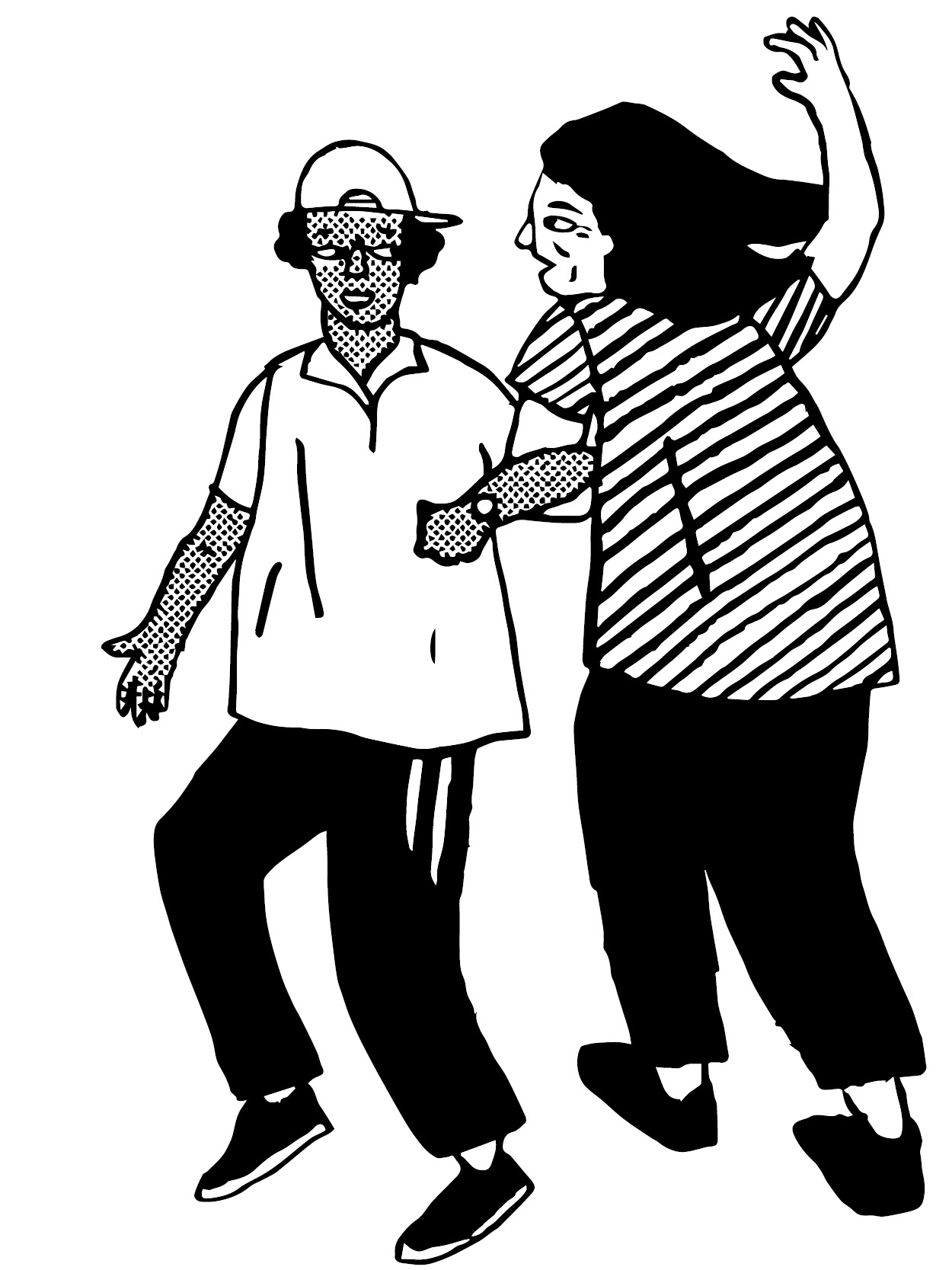English Folk Drama - A note on names
A note on names
‘Mumming’ and ‘Mummers’ are words used by writers and folklorists to describe the range of performances covered in this presentation, but although these words were often understood by the performers themselves, they usually had their own names for their custom which they would use within their own community. Some of these names are straightforwardly descriptive of the time of year, the ‘Christmas Boys’, ‘Plough jags’, or ‘Page-Eggers’ (‘Pace’ meaning Easter), or of the costume: ’White Boys’, ‘Straw Boys’, ‘Paper Boys’, and so on.
They could be named after one of the characters – the ‘Johnny Jacks’ in Hampshire, for example.
But some names are more obscure, the ‘Blue Stots’ of Yorkshire presumably derived from ‘Plough’, which was pronounced ‘Ploo’ in the locality, plus ‘Stots’ or the oxen used to pull the plough on pre-tractor farms. Some names, however, such as the ‘Tipteerers’ of Sussex, remain unexplained.
Further confusion is caused by other generic names which in some areas refer to mummers and in other to different (though sometimes related) customs. 'Guisers', for example, can refer to any custom in which a costume is worn, and local mummers can also be referred to as ‘morris dancers’ and ‘sword dancers'. There were even ‘mummers’ who simply swept people’s hearths while making a humming noise.
Folklorists long ago decided that the names under which a custom appears are too unstable to be of much help in describing, classifying or understanding traditional activities. It is what happens in the custom which matters, not its name.











